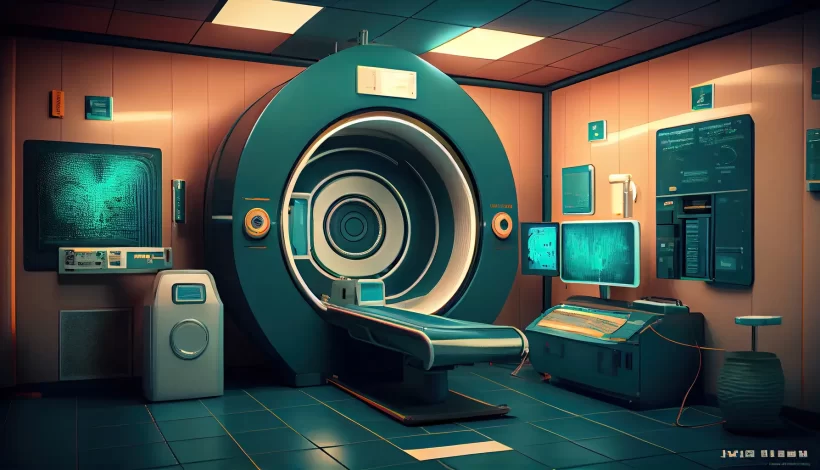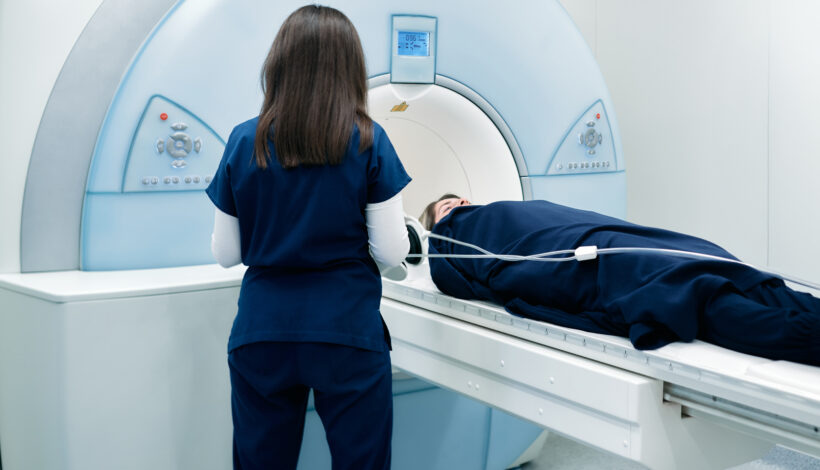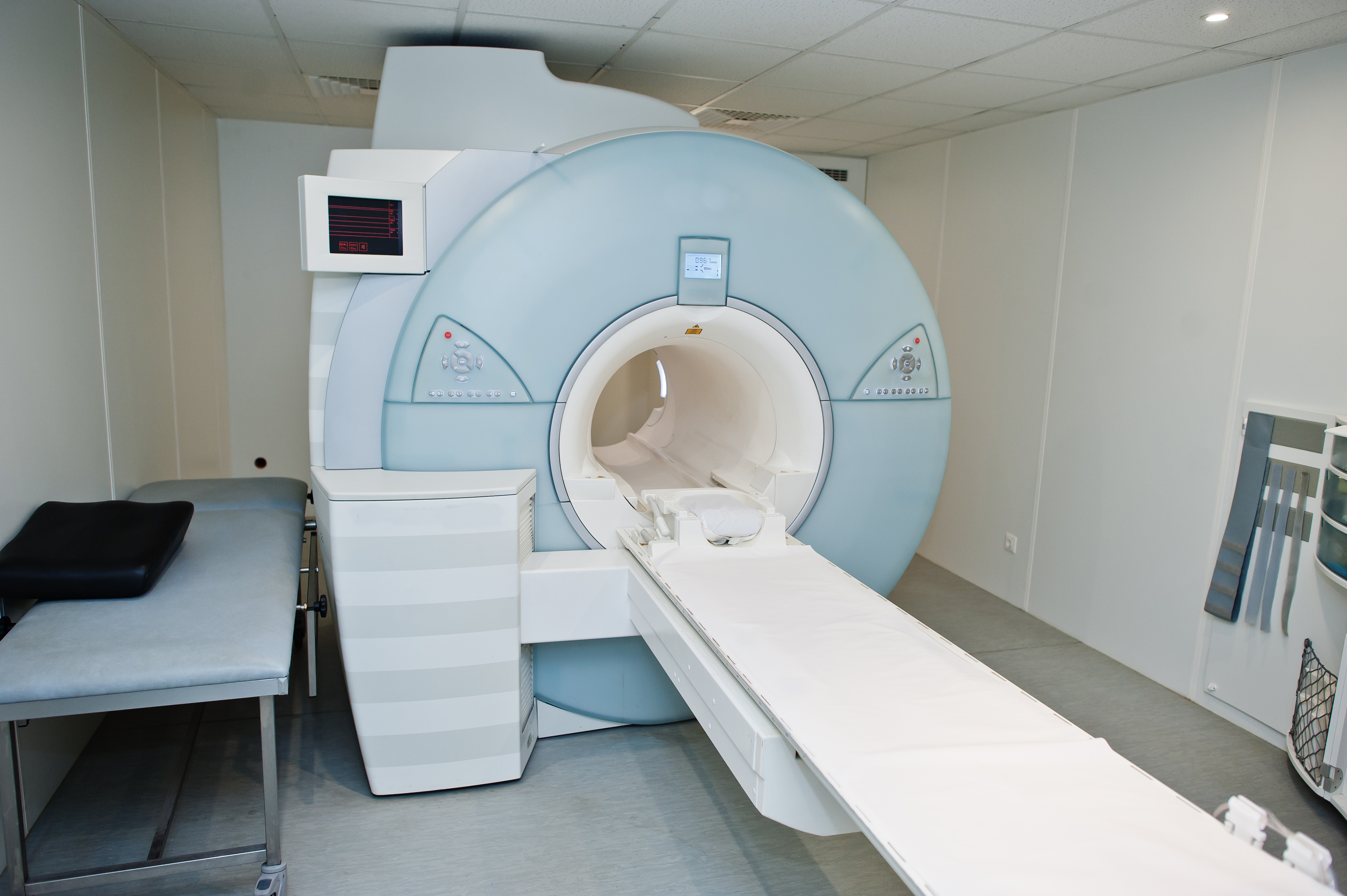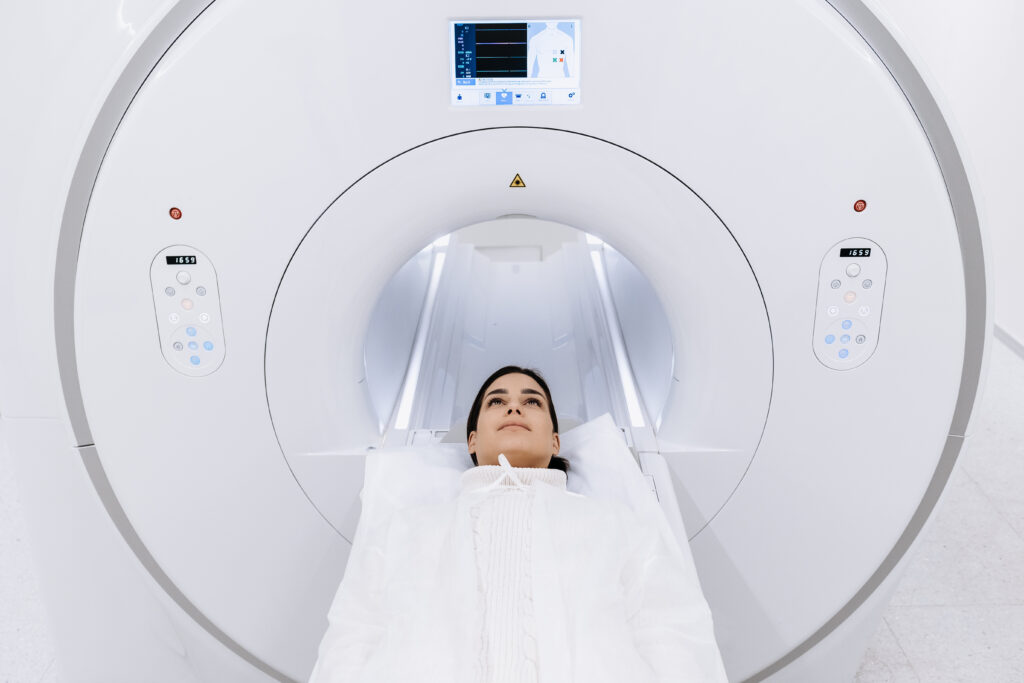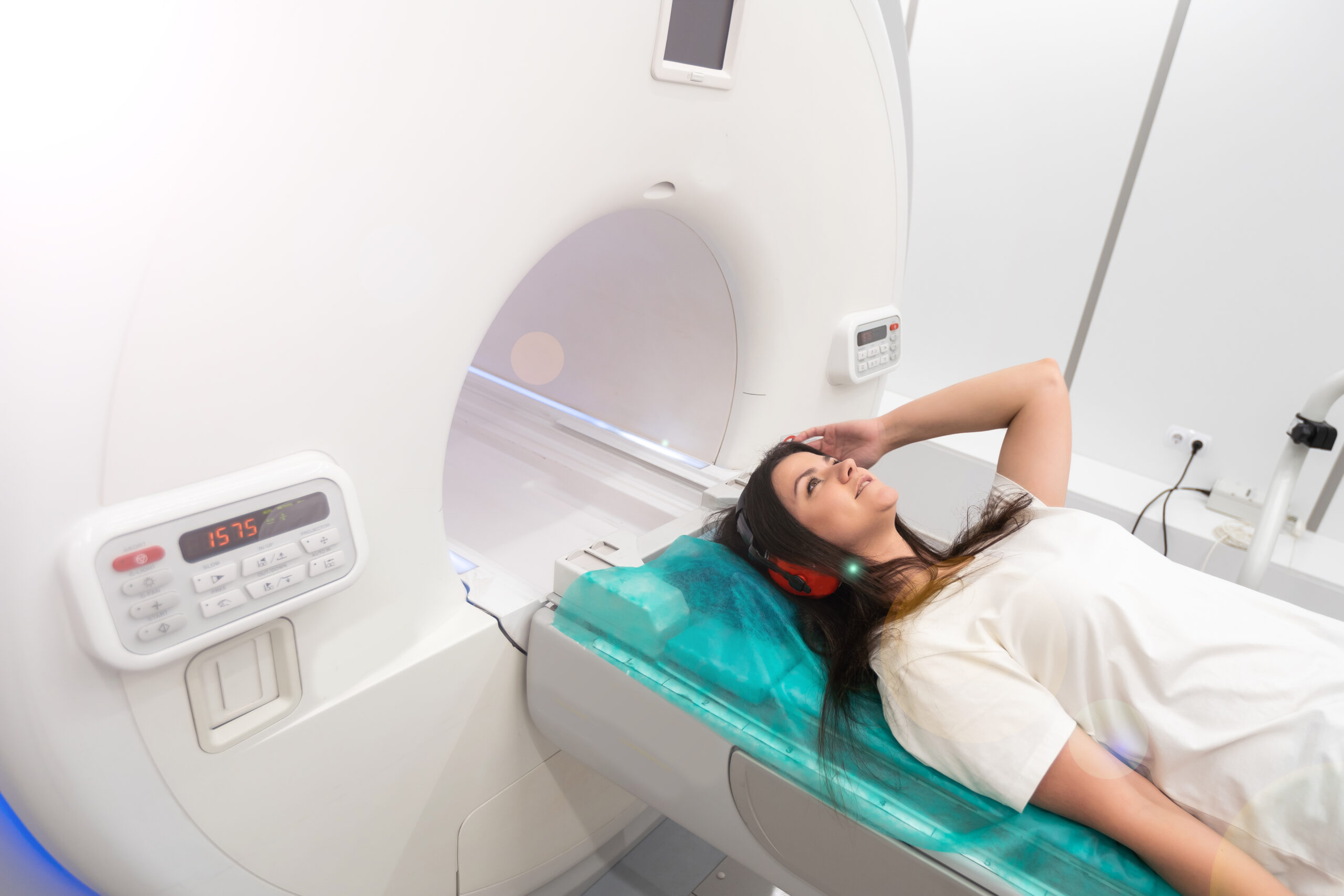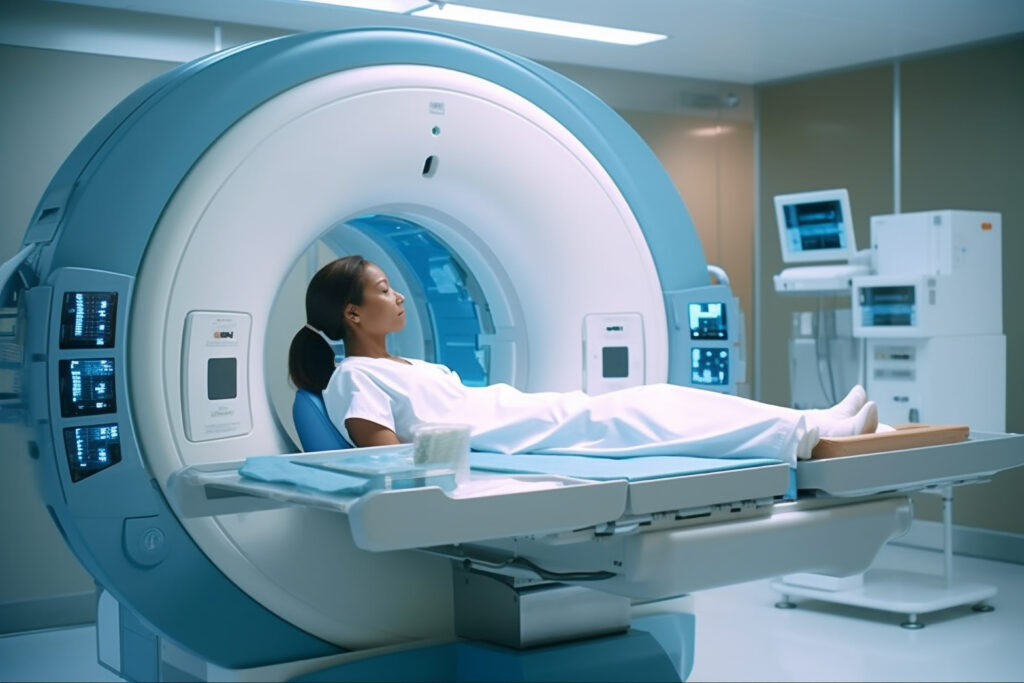Table of Contents
Introduction: What is an MRI with Contrast?
Magnetic Resonance Imaging (MRI) is a non-invasive imaging technique that uses powerful magnets and radio waves to generate detailed images of internal structures in the body. In some cases, doctors require additional detail, especially to highlight blood vessels, organs, or inflammation. This is when a contrast agent, usually gadolinium-based, is used to enhance image clarity.
At Ace Imaging Centre, we prioritize both the accuracy of imaging and patient safety. One common instruction for patients is fasting before MRI with contrast. But why is this necessary?
Why Do You Have to Fast Before MRI With Contrast?
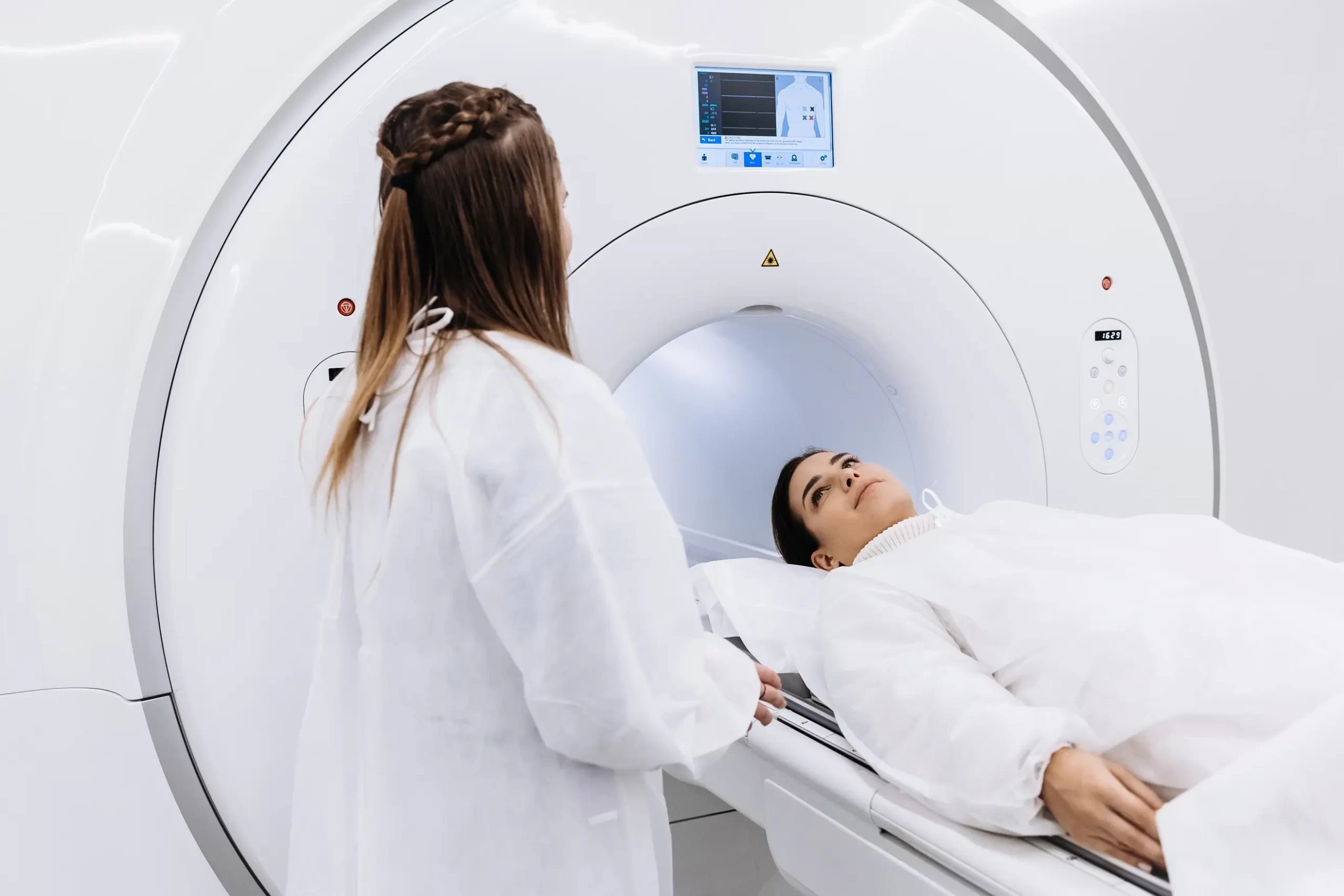
Fasting before an MRI with contrast is a safety and comfort precaution. Here are the main reasons:
1. To Reduce the Risk of Nausea or Vomiting
- The contrast agent, when injected intravenously, may cause mild nausea.
- Having food in the stomach increases the risk of vomiting during the scan.
- Vomiting while lying flat (as you must during MRI) could lead to aspiration — when vomit enters the lungs, potentially causing serious complications.
2. Minimize Motion Artifacts
- A full stomach can cause discomfort or bloating.
- Discomfort may make it difficult to remain still during the scan.
- Movement reduces the clarity of images, requiring repeat scans or misdiagnosis.
3. Avoid Interaction With Contrast Agent
- Although rare, the contrast dye can sometimes cause allergic reactions or gastrointestinal upset.
- Fasting helps reduce these side effects and makes it easier to manage in a medical setting.
4. Improve Diagnostic Accuracy
- Clear imaging is crucial for accurate diagnosis.
- Fasting reduces gastrointestinal activity and background “noise” in abdominal or pelvic scans, providing sharper images.
What Happens if You Don’t Fast Before an MRI With Contrast?
Skipping the fasting protocol can lead to:
| Risk | Description |
| Nausea/Vomiting | Increases the chance of discomfort and aspiration. |
| Scan Delay | You may be asked to reschedule for safety. |
| Poor Image Quality | A full stomach can blur abdominal or pelvic images. |
| Complications | Harder to manage contrast-related side effects. |
Medical Reasons for Fasting: A Closer Look
Medical professionals recommend fasting before MRI with contrast to mitigate specific risks. Here’s a deeper explanation:
Gadolinium Safety
- Gadolinium is generally safe but is excreted via the kidneys.
- If you have kidney issues, even minor vomiting or stress can increase risks.
- Fasting helps manage the body’s physiological response during contrast injection.
Aspiration Pneumonia
- Vomiting during a supine (lying flat) MRI scan can cause aspirated material to enter the lungs.
- This can lead to aspiration pneumonia, a serious condition that requires hospitalization.
How Long Do You Need to Fast Before MRI With Contrast?
General Guidelines:
| Type of Food/Drink | When to Stop Before MRI |
| Solid Foods | 4–6 hours before the scan |
| Milk-based Drinks | 4–6 hours before |
| Clear Liquids (e.g., water, black tea/coffee) | Up to 2 hours before |
Note: Always follow the specific instructions given by Ace Imaging Centre or your referring physician.
What Can You Consume During the Fasting Period?
You may be allowed to consume certain clear fluids up to 2 hours before the MRI. These include:
- Water
- Black coffee (no milk/cream)
- Clear tea
- Electrolyte drinks (if advised by a doctor)
Avoid:
- Milk, cream, or any opaque beverages
- Juices with pulp
- Solid foods
- Alcohol or carbonated beverages
Common Questions About MRI With Contrast and Fasting
1. What if I forget and eat before my MRI?
Inform our staff immediately. In many cases, the scan will need to be rescheduled for your safety.
2. Can I take my medications before the scan?
Yes, most medications can be taken with small sips of water. However, consult with your physician or radiologist to be sure.
3. Do children also need to fast?
Yes, but the fasting window is usually shorter for children. Always consult pediatric MRI preparation guidelines or speak with our specialists.
4. What happens after the scan — can I eat right away?
Yes, unless advised otherwise. Once the scan is complete and you’re cleared, you can resume normal eating.
How to Prepare for an MRI With Contrast
Follow these steps to ensure a smooth and safe experience at Ace Imaging Centre:
Confirm Appointment and Instructions
- Check if contrast is required.
- Clarify fasting duration.
Medical History Disclosure
- Inform us of:
- Allergies (especially to contrast dye)
- Kidney conditions
- Pregnancy or breastfeeding
- Any implanted devices
- Allergies (especially to contrast dye)
Day of the Scan
- Wear comfortable, metal-free clothing.
- Arrive early for preparation and paperwork.
- Follow fasting and medication guidelines strictly.
Post-Scan Care
- You may experience minor side effects like a metallic taste or cool sensation at the injection site.
- Drink plenty of fluids to help flush out the contrast agent.
To better understand the unique benefits of MRI imaging, read our detailed guide on what does an MRI show that an X-ray does not, Also If you’re curious about the differences between these imaging techniques, explore our detailed comparison of a CT scan vs MRI.
Conclusion:
Fasting before an MRI with contrast is a standard precaution that prioritises your safety and enhances image quality. If you’re wondering why do you have to fast before MRI with contrast, the answer lies in ensuring both the safety and accuracy of your imaging results.
![]()

